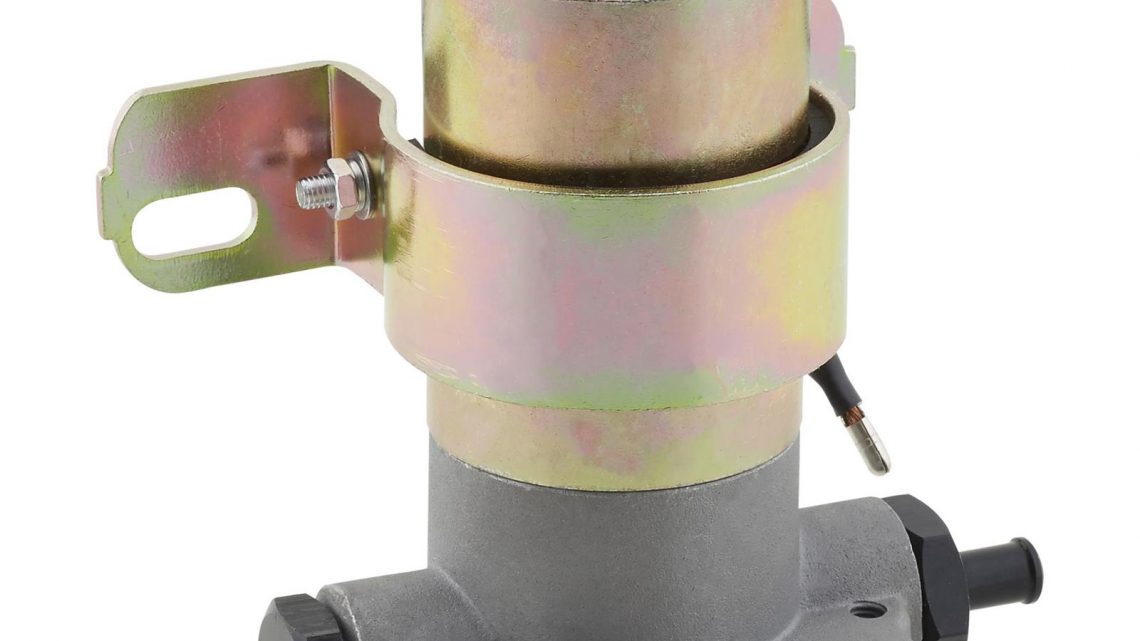
The Efficiency Battle: Manual Pump vs Electric – Unveiling the Quickest Solution
March 28, 2024In today’s fast-paced world, efficiency is key. Whether it’s in our personal lives or professional endeavors, we are constantly seeking ways to save time and get things done more quickly. When it comes to pumping liquids, the choice between a manual pump and an electric pump can greatly impact efficiency. In this article, we will delve into the question: Is a manual pump quicker than an electric pump?
Understanding Manual Pumps:
A manual pump, as the name suggests, requires physical effort to operate. It typically consists of a handle or lever that needs to be manually pumped to create suction and move the liquid. Manual pumps are often used in various industries, including agriculture, construction, and oil extraction. They are known for their simplicity, durability, and portability.
Advantages of Manual Pumps:
- Portability: Manual pumps are lightweight and compact, making them easy to transport and use in remote locations where electricity may not be readily available.
- Cost-effective: Manual pumps are generally more affordable than their electric counterparts, making them a popular choice for small-scale operations or budget-conscious individuals.
- Reliability: With fewer mechanical components, manual pumps are less prone to breakdowns and require minimal maintenance. They can be relied upon in challenging environments or during power outages.
Limitations of Manual Pumps:
- Physical Effort: The main drawback of manual pumps is the physical effort required to operate them. This can be tiring and time-consuming, especially when dealing with large volumes of liquid.
- Slower Pumping Speed: Manual pumps typically have a slower pumping speed compared to electric pumps. This can be a significant factor when time is of the essence or when dealing with time-sensitive operations.
Understanding Electric Pumps:
Electric pumps, on the other hand, are powered by electricity and offer automated pumping capabilities. They come in various sizes and designs, ranging from small household pumps to large industrial-grade machines. Electric pumps are commonly used in industries such as manufacturing, wastewater management, and firefighting.
Advantages of Electric Pumps:
- Speed and Efficiency: Electric pumps are known for their high pumping speed, allowing for quick and efficient liquid transfer. This makes them ideal for large-scale operations or situations where time is a critical factor.
- Ease of Use: Electric pumps require minimal physical effort, as they are powered by electricity. This reduces operator fatigue and allows for prolonged use without exhaustion.
- Versatility: Electric pumps can be equipped with various features and accessories to cater to specific needs, such as adjustable flow rates, automatic shut-off systems, and remote control capabilities.
Limitations of Electric Pumps:
- Dependency on Electricity: Electric pumps rely on a stable power supply, which may not always be available in certain environments or during power outages. This can hinder their functionality and render them useless in such situations.
- Higher Cost: Electric pumps are generally more expensive than manual pumps, primarily due to their advanced features and automation capabilities. This cost factor may deter individuals or small-scale operations with limited budgets.
Conclusion:
In the battle of efficiency, both manual pumps and electric pumps have their strengths and limitations. While manual pumps offer portability, reliability, and cost-effectiveness, they may fall short in terms of pumping speed and physical effort required. On the other hand, electric pumps excel in speed, efficiency, and ease of use, but they are dependent on a stable power supply and come at a higher cost.